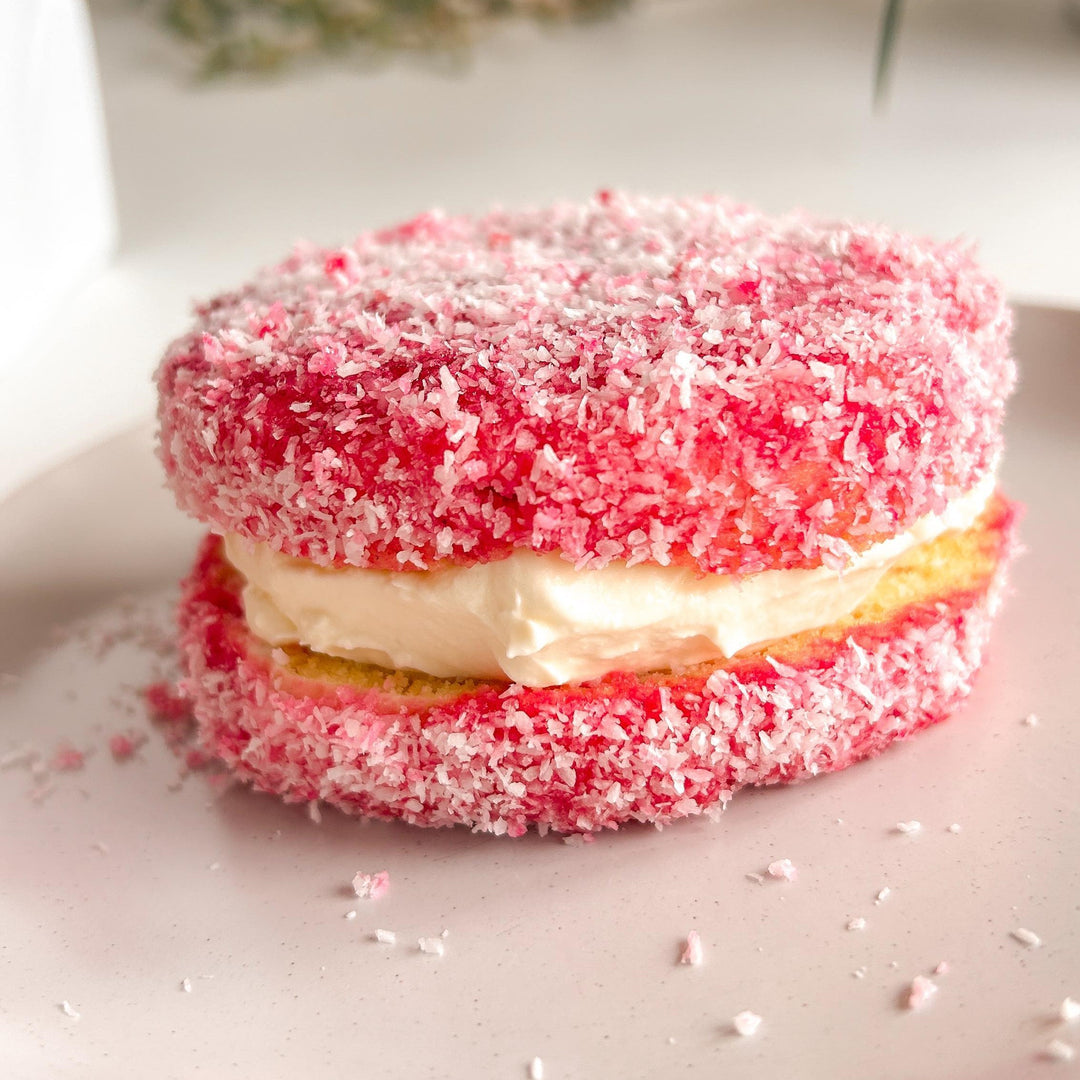Maltitol
Sugar: it’s the cocaine of the food world. Forget money, sweet treats are what makes the world go round.
Funnily enough, these baked goods also come in a round form- donuts, cookies, cakes. All the good things. Unfortunately, sugar is not good for us and we are amidst a sugar revolt.
With the rise of phenomenas such as paleo and sugar-free diets, sugar has become the ubiquitous frenemy of us all. Through this post-sugar period, many sugar alternatives have come into the frosting-topped picture. This brings us to the heart of this blog, we are here to educate you on the wonder that is Maltitol.
It sounds pretty fancy, and that's because it is. We are graced with a plethora of new food technologies nowadays, each with a particular aim to provide a healthier alternative to the real thing.
If you hadn’t gathered already, maltitol is a sugar substitute but it acts differently in the body than the white stuff. It’s a sugar alcohol but this name is a bit ambiguous as it’s not really a sugar and it’s not really alcohol either,(hopefully this doesn’t deter all you liquor lovers out there). It is called a sugar alcohol because it’s structure places it in the alcohol family but it’s not ethanol so you can’t get tipsy on it.
The complexity of its molecular structure means that it isn’t absorbed into the body in the same way that sugar is; in 100 grams of maltitol, 40 grams is absorbed into the smaller colon and 60 grams is fermented in the gut, promoting healthy bacteria and thus equalling a healthy colonic system. Less than 2 grams of maltitol is excreted through the urine.
With any sugar product, most is fermented which can cause a bit of a gassy belly and unfortunately maltitol isn’t excluded from this. It can also have a slight laxative effect if consumed in large quantities, you may consider this a pro or a con depending where you sit on the bowel movement spectrum. No toilet pun intended.
So, why do we use maltitol at Justines?
Well, it’s a great addition to baked goods because it helps keep them cookies moist and stops them from browning and thus burning. This means that waste is minimised because the cookies are harder to burn and there’s nothing worse in this world than wasted cookie dough.
It also has half the amount of calories than it’s standard sugar equivalent, combatting the obesity crisis and the whole host of health issues that come with it such as metabolic diseases like fatty liver disease and other cardiovascular diseases. Because it doesn’t spike blood glucose in the same way as cane sugar, it’s anti-inflammatory and is a great option for diabetics.
Arguably, the trumping quality of maltitol is that it doesn’t cause any tooth decay or cavities. So, through buying Justines cookies, you are saving yourself a hefty sum at the dentists. It’s used extensively in products such as toothpastes, gum and mouthwash and if that’s not proof of oral safety then we don’t know what is.
As a closing note to this blog, maltitol is also known as Sweetpearl which is just the cutest darn thing we’ve ever heard.
So, grab a sugar-free, low carb cookie and flash them pearly whites knowing your dentist ain’t making a dime off of you.


